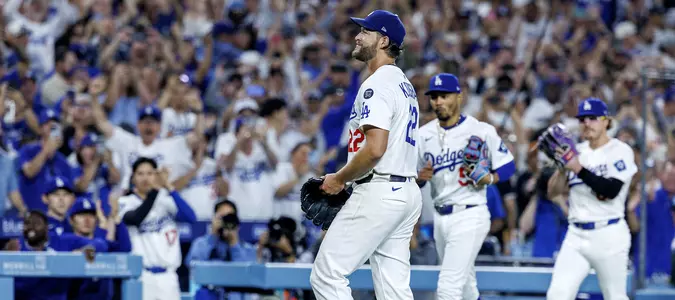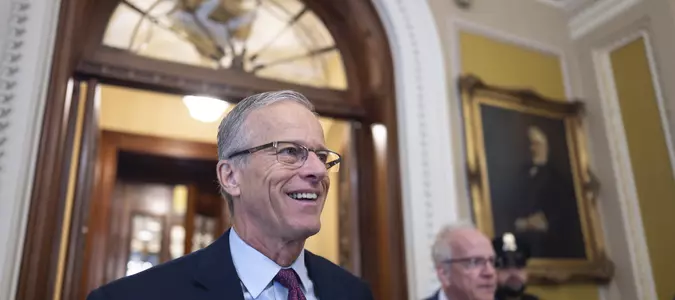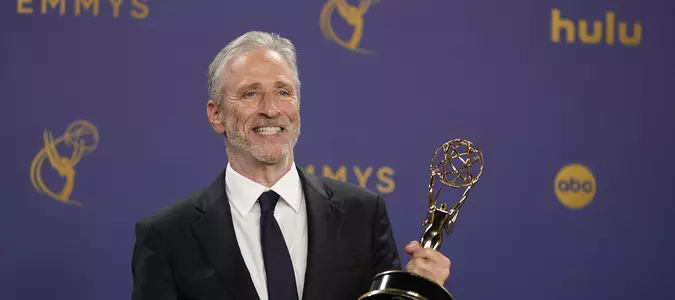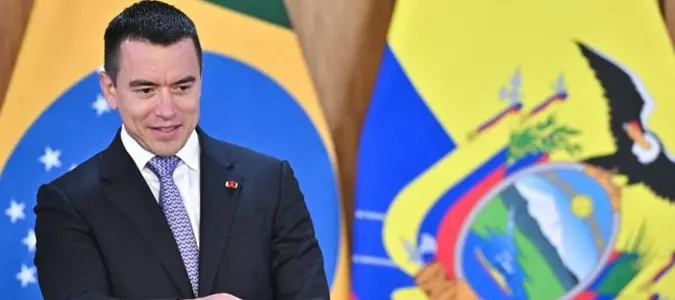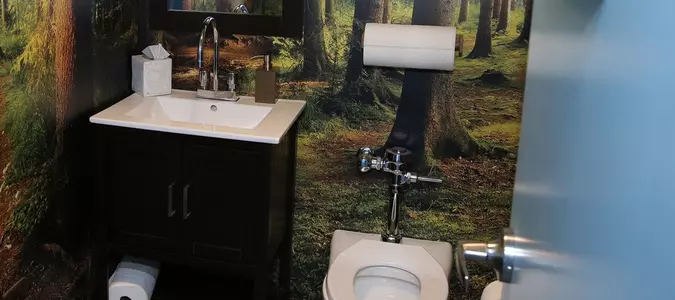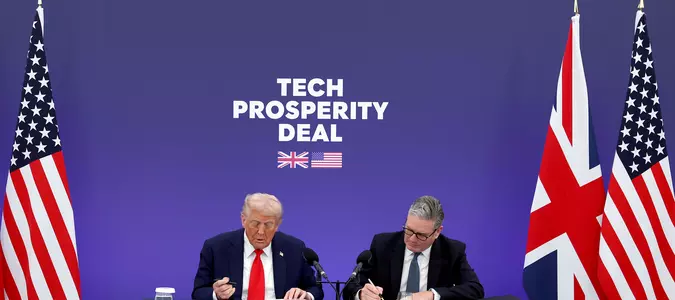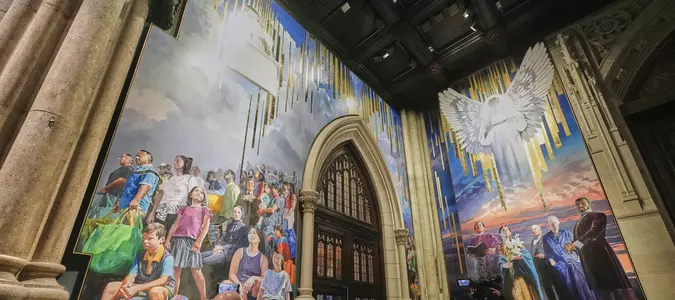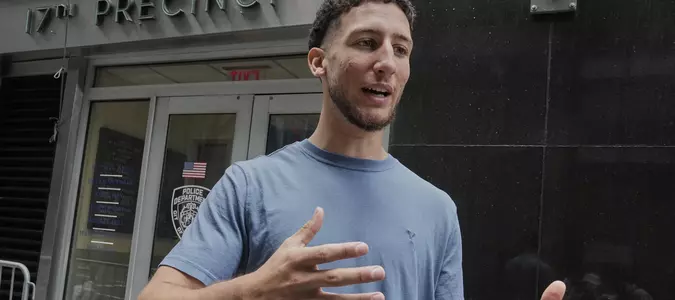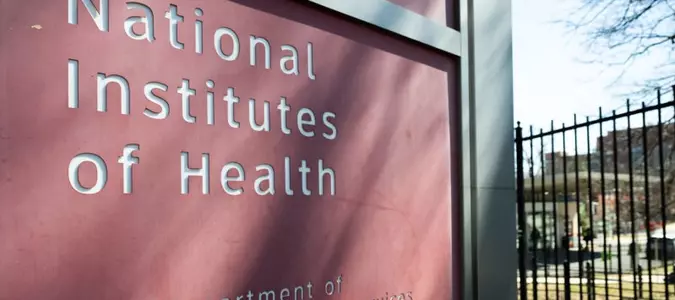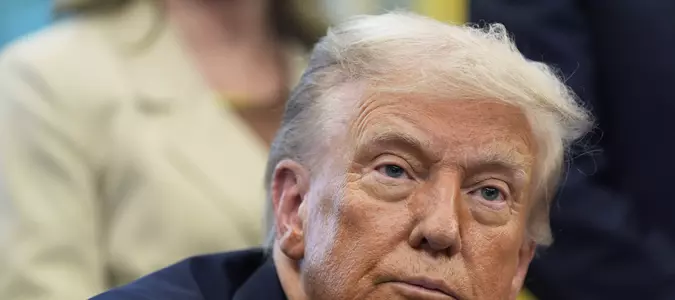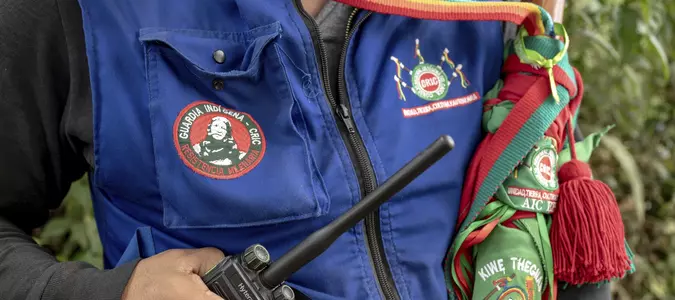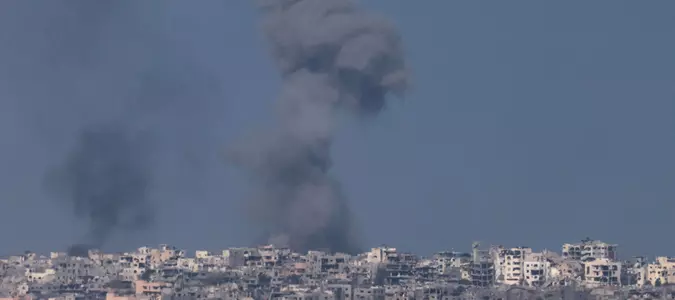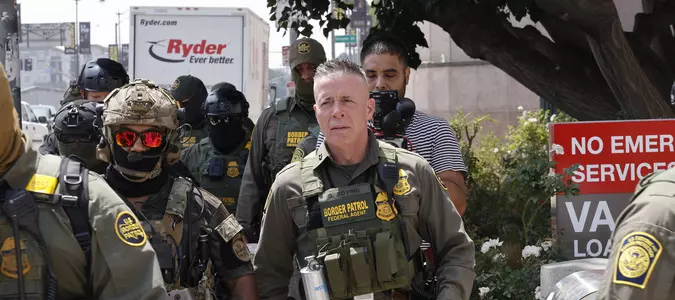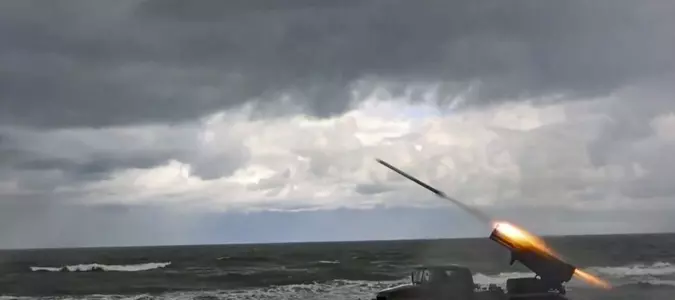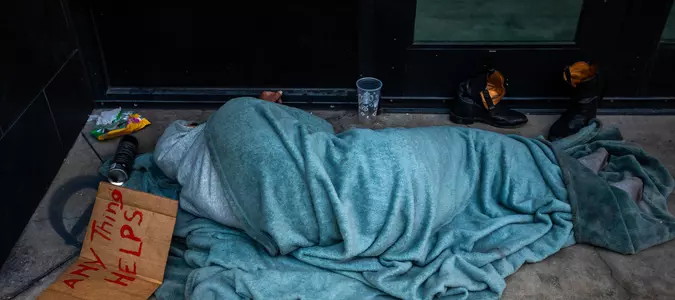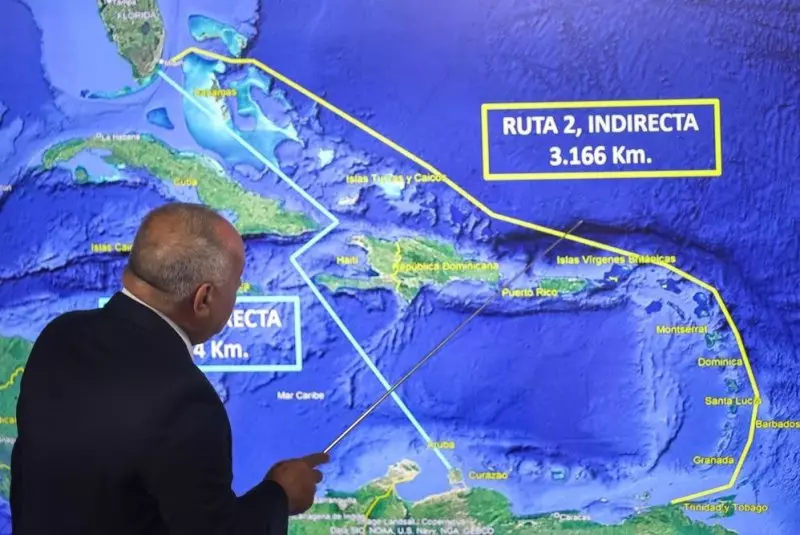

Venezuela to hold military drills in response to U.S. 'hostile' actions
Venezuela plans to hold military drills under the name "Caribe Soberano 200" in response to recent hostile U.S. military activity in the Caribbean region,

Diosdado Cabello, Venezuela's minister of the interior, Justice and peace, shows a map during a press conference in Caracas on Wednesday in accusing the U.S. Drug Enforcement Administration of conducting a "false positive" operation after the seizure of 3,692 kilos of cocaine that were being transported in a boat allegedly from Colombia. Photo by Miguel Gutierrez/EPA UPI
Sept. 18 (UPI) -- Venezuela plans to hold military drills under the name "Caribe Soberano 200" in response to recent hostile U.S. activity in the region, Venezuelan Defense Minister Vladimir Padrino said.
Padrino announced Wednesday during a televised meeting with the high command of the Venezuelan armed forces that about 22 aircraft and some 30 vessels -- including 12 navy ships -- will deploy for three days to La Orchila Island, about 100 miles off the coast of Caracas.
The 19-square-mile island is home to a military camp and the C/N Antonio Díaz Naval Air Base, accessible only to the president, his relatives and associates, military personnel and senior government officials. Civilian aircraft are prohibited from flying over Orchila.
"Our commander in chief has ordered a campaign maneuver. We will conduct an exercise involving a task force. There will be deployments of air defense assets with armed drones, surveillance drones, underwater drones and aerial drones. We will also conduct electronic warfare actions," Padrino said.
According to Padrino, the Navy's deployment will include "coastal gunfire, amphibious landings with our amphibious combat vehicles and seizure of a beachhead, and coastal artillery fire."
He added: "We cannot live with our backs to the Caribbean. We must face the Caribbean ... and look at what is happening now -- a large deployment of U.S. ships, destroyers equipped with guided cruise missiles, all their power threatening Venezuela, the entire Caribbean and all of Latin America."
According to public reports, the United States has at least eight warships and one submarine in the Caribbean Sea near Venezuela, said to be on a counter-narcotics mission.
"We must raise our operational readiness for a scenario of armed conflict at sea," the defense minister said.
At a separate news conference Wednesday, Venezuelan Interior and Justice Minister Diosdado Cabello accused the U.S. Drug Enforcement Administration of directing a "false positive" operation after authorities seized 8,140 pounds of cocaine being transported on a boat.
In a video later posted on his social media, Cabello said, "That boat with drugs was a false-flag DEA operation to accuse Venezuela. Four detainees with Venezuelan ID cards were going to appear -- that is what they are saying, the detainees themselves."
He said the DEA's objective was "to make it credible" that the seized boat came from Venezuela. Cabello added that during the first eight months of this year, authorities seized 60 tons of drugs in the country.
The U.S. government has directly accused President Nicolás Maduro of leading the Cartel of the Suns, a criminal organization linked to drug trafficking and senior officers of Venezuela's armed forces.
President Donald Trump announced that U.S. forces sank at least three boats in Caribbean waters during airstrikes. The first took place Sept. 2 and the other two on Sept. 16. He disclosed the operations on his Truth Social platform, saying the vessels were carrying "cocaine and fentanyl."
At least 15 people have been killed in the strikes. Trump described them as "terrorists" involved in drug trafficking.
On Tuesday, during a Conservative Political Action Conference event in Paraguay, Richard Grenell, Trump's special envoy for special missions, defended diplomacy and the pursuit of an agreement with Maduro's government.
"You will always hear me as someone who advocates for dialogue," Grenell said. "I have gone to see Nicolás Maduro. I have sat across from him. I have expressed the America First position. I understand what he wants. I believe we can still reach an agreement. I believe in diplomacy. I believe in avoiding war."
A day earlier, at a news conference in Caracas, Maduro said that while at one point he considered communications with the U.S. government to be damaged, "today I can announce that communications have been destroyed by them, with their threats of bombs, death and blackmail."
